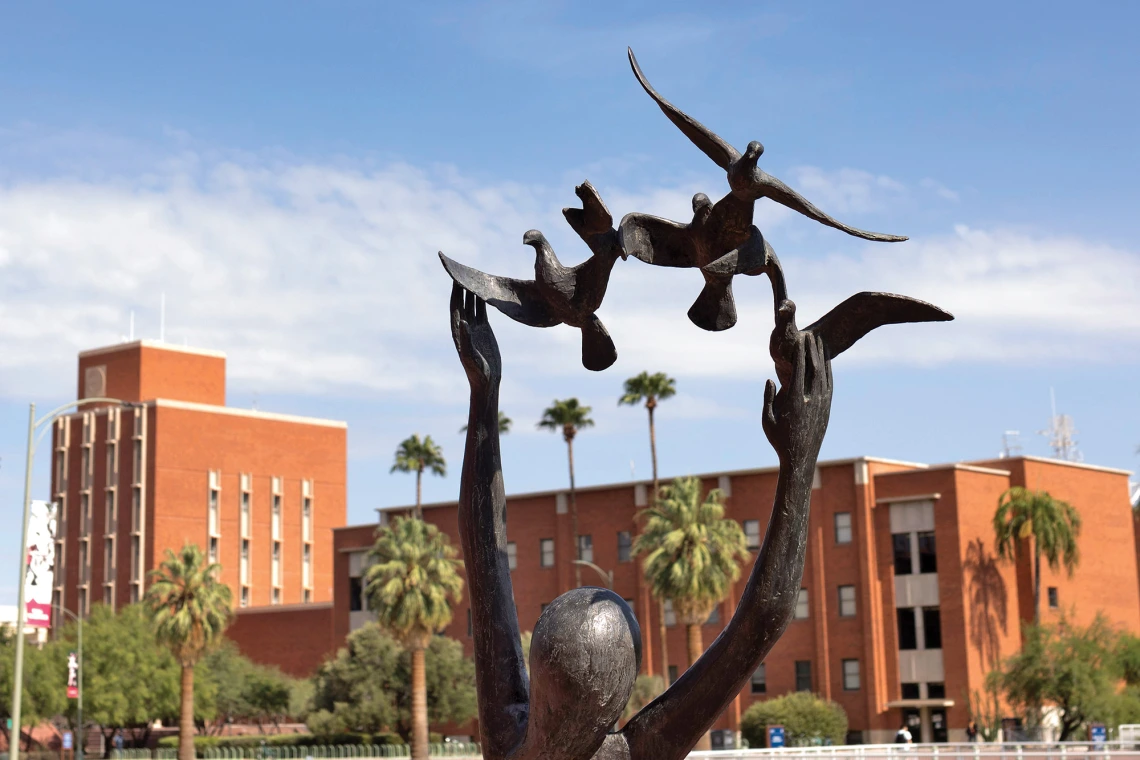Silos are out. Integration is in. And the humanities are here to stay.

For decades, students from around the world flocked to American institutions of higher learning, and employers clamored to hire them upon graduation. As demands for specialized technical skills increased, colleges and universities scrambled to expand departments and add courses to allow students to dig deeper into narrow disciplines. Some went so far as to suggest that the need for highly specialized technology experts meant the usefulness of a broad, humanities-based, liberal arts education was over.
Not so fast.
According to a new report from the National Academy of Sciences, or NAS, many employers, especially in high tech, say the most important skills for career success are critical thinking, communication, teamwork and the ability to be a lifelong learner. In fact, in one study done at Google, managers ranked such “soft skills” as the most valuable, while technical subject-matter skills ranked last.
Gail Burd, the University of Arizona’s senior vice provost for academic affairs and a co-author of the NAS publication “The Integration of the Humanities and Arts with Sciences, Engineering and Medicine in Higher Education,” says studies repeatedly show that employees who have the ability to write, think critically, work in a team and value differences are highly valued
by employers.
“At the beginning of the NAS study, we quote Albert Einstein, who famously said, ‘All religions, arts and sciences are branches from the same tree,’” Burd says. “I firmly believe that.
“Students learn more when they’re put in situations where they have to bring multiple fields together,” Burd continues. “They have to learn how to pull information from more than one discipline, synthesize it and come up with new solutions to problems. Integrating the humanities throughout the curricula promotes the kind of thinking that helps you see gray areas, think about the space between concepts, ideas or feelings, and see how they all connect. And that helps you come up with better solutions.”
“We’re seeing all this movement nationally and internationally toward the humanities,” says Alain-Philippe Durand, dean of the UA College of Humanities. “The problem is that no one — students, parents, the general public — knows what it is. Everyone knows what law, management, science, etc., are. But the humanities? No one has a clue.”
To get the word out, Durand’s first task upon becoming dean was to change the branding and messaging around the humanities. Durand also reached out to alumni and found that humanities graduates are employed in virtually every industry.
“Critical thinking, collaboration, communication, problem solving, leadership, adaptability, diversity, intercultural competence, multilingualism and empathy — those are the skills we teach. Those are the skills employers want. That’s who we are,” he says. “There is no such thing as a starving humanist. These people are employed in all kinds of jobs in all kinds of fields, and they are creating successful careers based on what they learned in our college. Now, we’re reaching across campus to bring humanities-based skills to students in other disciplines.”
After much planning and coordination, the College of Humanities announced the launch of a completely new department focusing on a transdisciplinary model that combines intercultural and professional skills. The Department of Public and Applied Humanities will welcome its first cohort of students this fall into the bachelor of arts in applied humanities program.
The bachelor’s degree is essentially two degrees in one, pairing the humanistic approaches taught in the College of Humanities with the professional skills taught in other colleges. Students will choose from concentrations in business administration, public health, fashion studies, or spatial organization and design thinking, all with a humanities core.
Today’s students must be prepared to solve the grand challenges of the world as tomorrow’s workers. Burd and Durand agree the challenges are human challenges, so the solutions must be human solutions. Thanks to the humanities, UA students will be ready.
